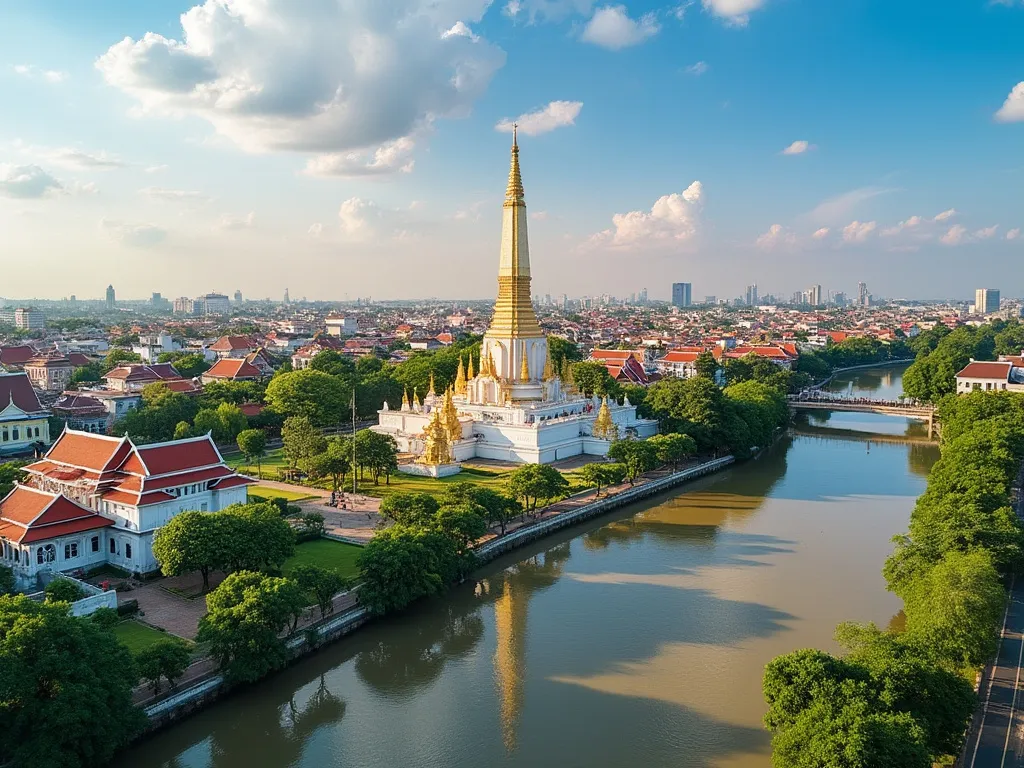
Vientiane, the capital city of Laos, is a hidden gem nestled along the banks of the Mekong River. With a rich history dating back to the 13th century, Vientiane has evolved into a unique blend of French colonial architecture, Buddhist temples, and vibrant markets.
Vientiane information
| Country | 🇱🇦 Lao People's Democratic Republic |
| Population | 760,000 |
| Coordinates | 17.9667° N, 102.6333° E |
| Area | 3,920 km² |
| Climate | Tropical savanna climate |
| Language | Lao |
| Currency | Lao kip |
| Time zone | UTC+7 |
| Proximity to other major cities | Approximately 460 km from Bangkok, Thailand; 750 km from Hanoi, Vietnam |
Interesting facts about Vientiane
- Vientiane is home to the world's largest Buddha image, the Great Sacred Stupa.
- The city has a unique blend of French colonial and Buddhist architecture.
- Vientiane is known for its delicious street food, including grilled fish and sticky rice.
- The city hosts many festivals throughout the year, including the Boun Bang Fai (Rocket Festival) and the Boun Suang Heua (Boat Racing Festival).
Tourist attractions in Vientiane
- Patuxai Monument: a iconic landmark and symbol of the city.
- COPE Centre: a museum showcasing the history of the Vietnam War and its impact on Laos.
- Buddha Park: a park featuring over 200 Buddhist and Hindu statues.
- Morning Market: a bustling market selling fresh produce, souvenirs, and local crafts.
- Night Market: a vibrant market offering street food, drinks, and live music.
Historical background of Vientiane
Vientiane was founded in 1563 by King Setthathirath, who moved the capital from Luang Prabang to Vientiane. The city's strategic location along the Mekong River made it an important center for trade and commerce. In the 19th century, Vientiane was colonized by France, which left a lasting legacy in the city's architecture and culture.
Geographical location of Vientiane
Vientiane is situated in the central part of Laos, along the Mekong River. The city is surrounded by rolling hills and mountains, making it a picturesque destination for nature lovers. The climate is tropical, with three distinct seasons: hot, rainy, and cool.
Cultural significance of Vientiane
Vientiane is home to many cultural attractions, including the iconic Patuxai Monument, the COPE Centre, and the Buddha Park. The city is also known for its vibrant markets, such as the Morning Market and the Night Market, where visitors can sample local cuisine and shop for souvenirs.
Economic importance of Vientiane
Vientiane is the economic hub of Laos, with a growing economy driven by agriculture, manufacturing, and tourism. The city is also an important center for trade and commerce, with many international companies operating in the region.
Conclusion on Vientiane
In conclusion, Vientiane is a unique and fascinating city that offers a blend of history, culture, and natural beauty. From its stunning temples and monuments to its vibrant markets and festivals, Vientiane is a must-visit destination for anyone interested in exploring the hidden gems of Southeast Asia.
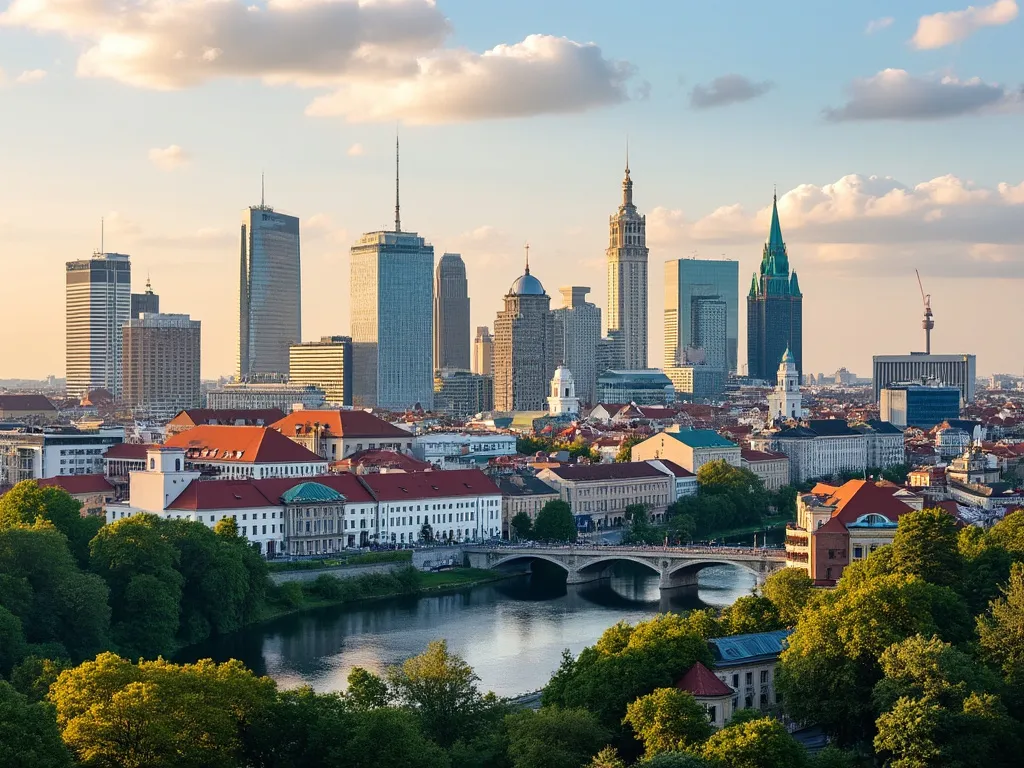 Vilnius
Vilnius
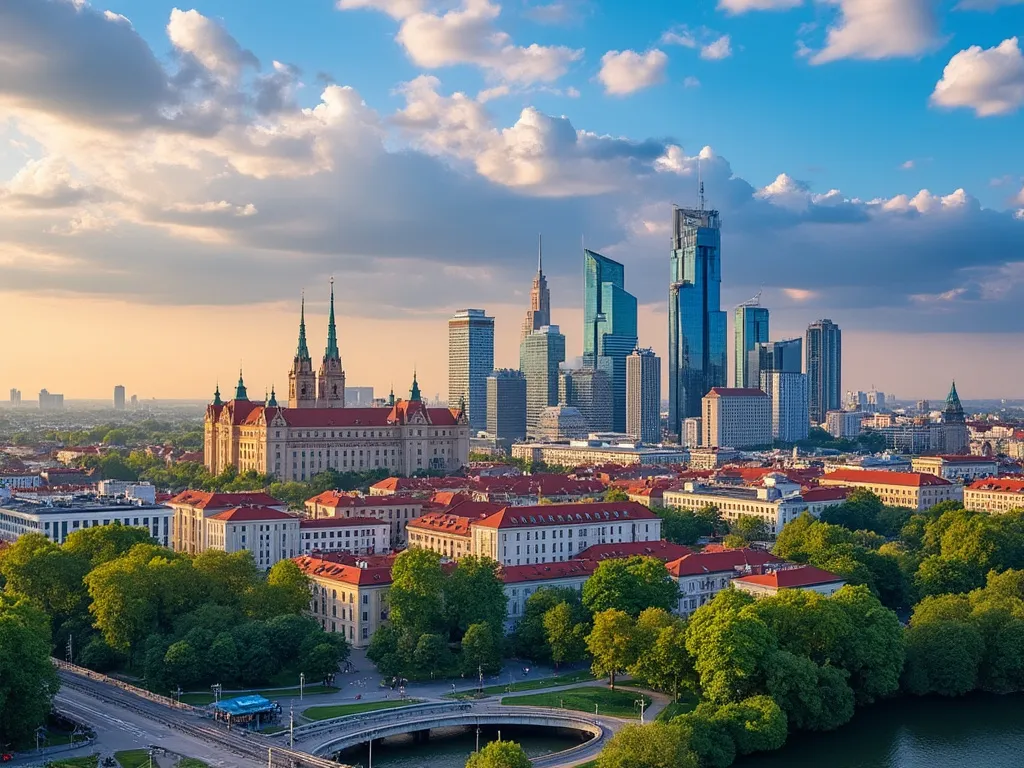 Warsaw
Warsaw
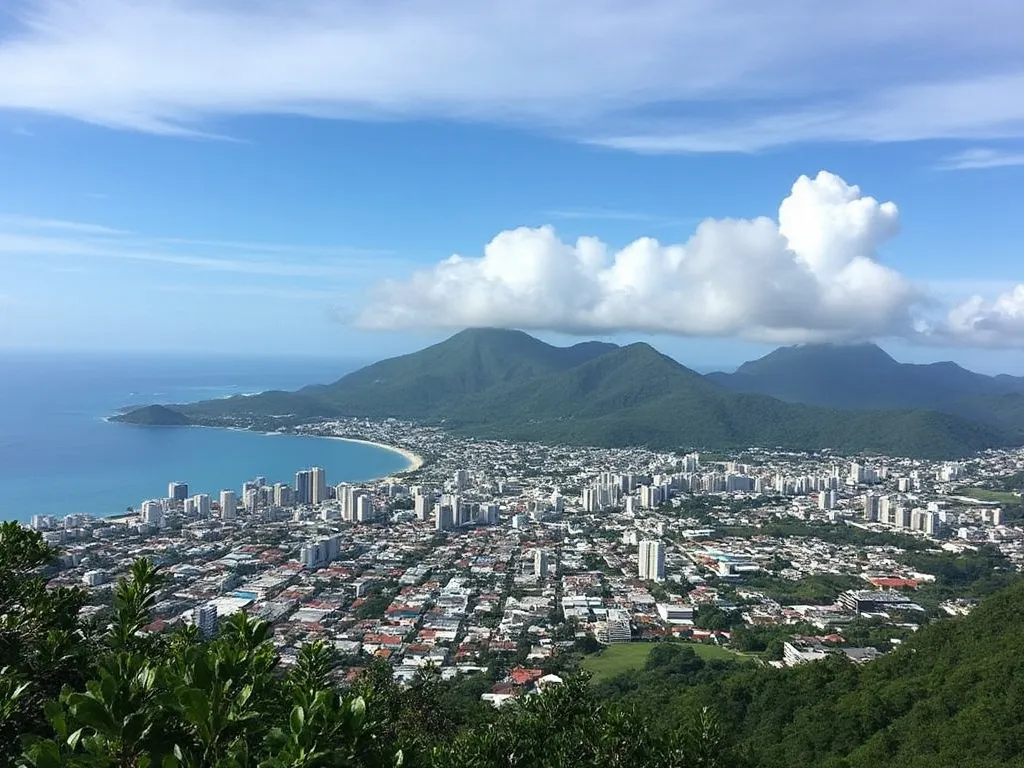 Victoria
Victoria
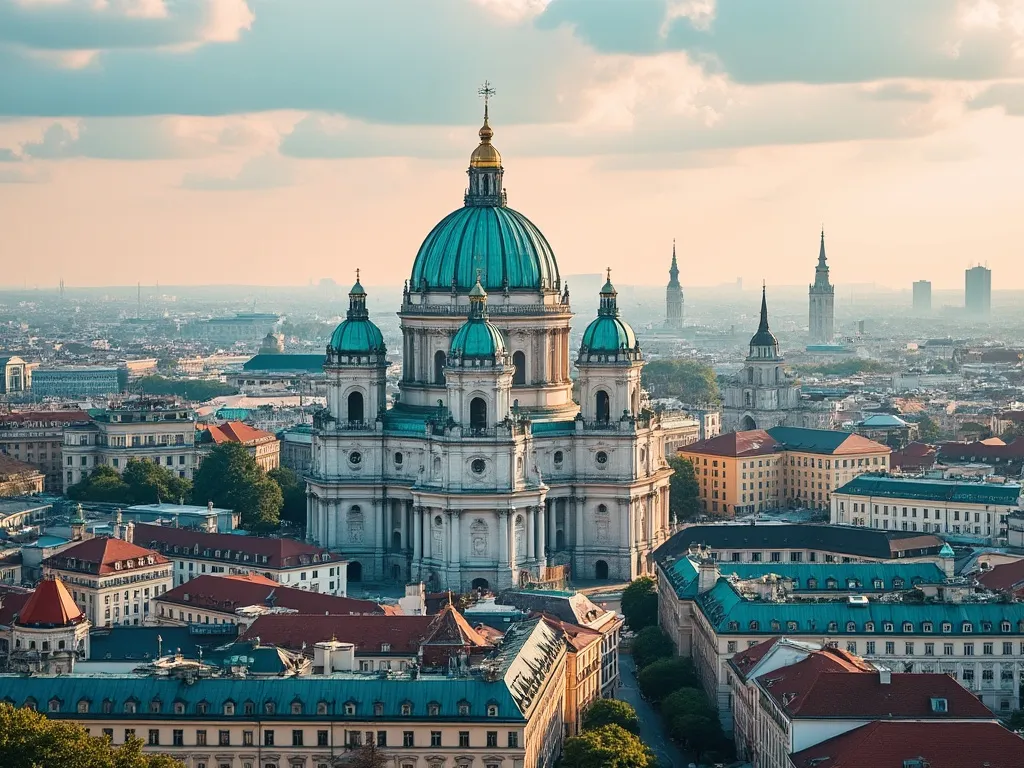 Vienna
Vienna